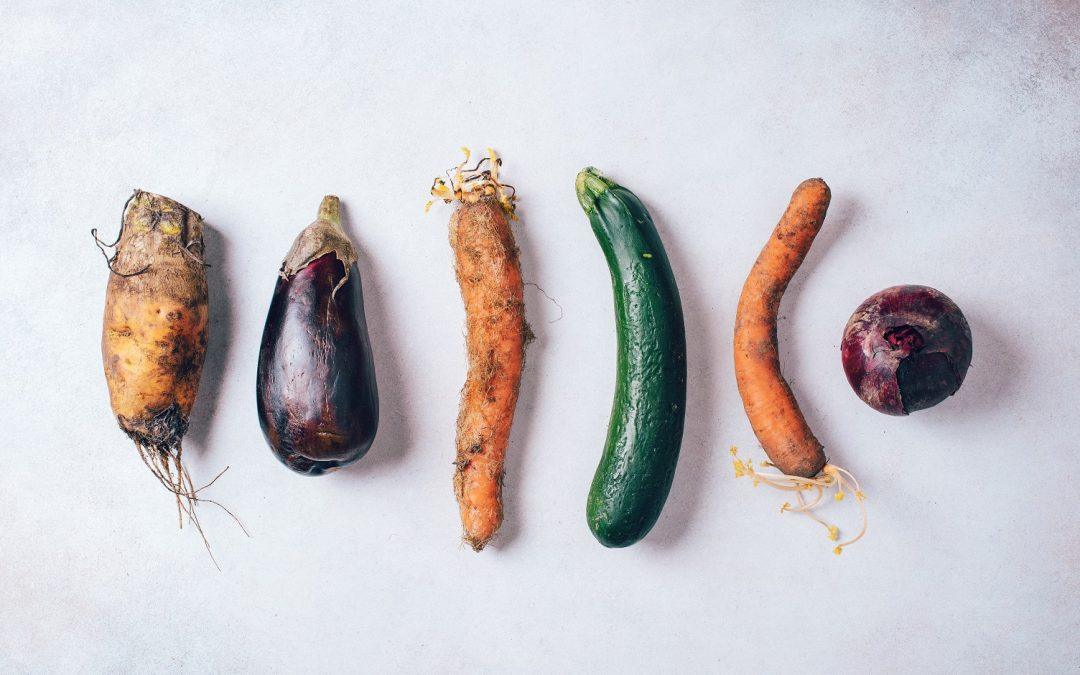By now, we’ve all grown somewhat accustomed to the shortages that are occurring as a result of the COVID-19 pandemic. In early 2020, it was uncommon to not find cans of soup or paper towels at the local grocery store. After months of nationwide lockdown, however, food and supply shortages have become another daily fact of life during the pandemic.
But there is another, far more unsettling phenomenon happening behind the scenes and out of view for most American consumers. As the pandemic continues, agricultural producers across the country are being forced to dispose of unprecedented quantities of food. There are a few causal factors at play here, but they all point bleakly in the same direction: Unless the pressures of the pandemic are alleviated soon, US farmers may have to continue wasting vast amounts of food.
As experts in farming loans, we’re being asked a lot these days about the pandemic’s impact upon American farms. In this article, we’ll elaborate on why farmers are being forced to waste food, and what the future may hold.
Why Are US Farmers Being Forced to Waste Food?
Prior to the onset of the pandemic, schools and restaurants constituted a major portion of the US agricultural market. Hopefully, that will once again be the case once shelter-in-place and social distancing orders have been lifted. But for the time being, the majority of the population is eating their meals at home and taking online classes. This, in turn, has deprived millions of US farmers of their primary client base.
The nationwide closure of schools, restaurants, and other businesses happened quite suddenly. As a result, the agriculture that these institutions previously relied on has not been able to ramp down in time. In other words, the supply of perishable food that’s available is now vastly greater than the market’s demand.
This is forcing farmers across the country to simply dispose of their food products in baffling quantities. According to the Dairy Farmers of America, dairy farmers are dumping around 3.7 million gallons of milk every day.
What Possibilities Are On the Horizon?
The lack of demand – and the closure of food processing plants – will continue to pose a challenge to US agriculture. Of course, there’s good reason to expect that agricultural demand will spike again once the pandemic has ended. In the short-term, however, farmers are being forced to adapt to the new reality in a variety of ways.
If you’re struggling to remain financially afloat during the COVID-19 pandemic, farming loans may be able to provide a solution. In addition to providing you with financial breathing space, a loan can enable you to make renovations to your farm. And as we’ve all learned, the ability to make small adjustments has become vital during our current emergency.
Search for Farming Loans Today
MSF Agriculture can help you to navigate the tricky process of finding and applying for the perfect loan option. Contact our office today to get started!

